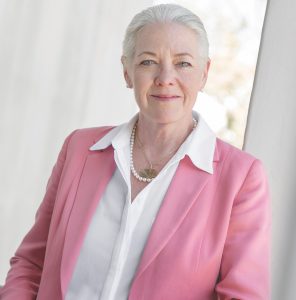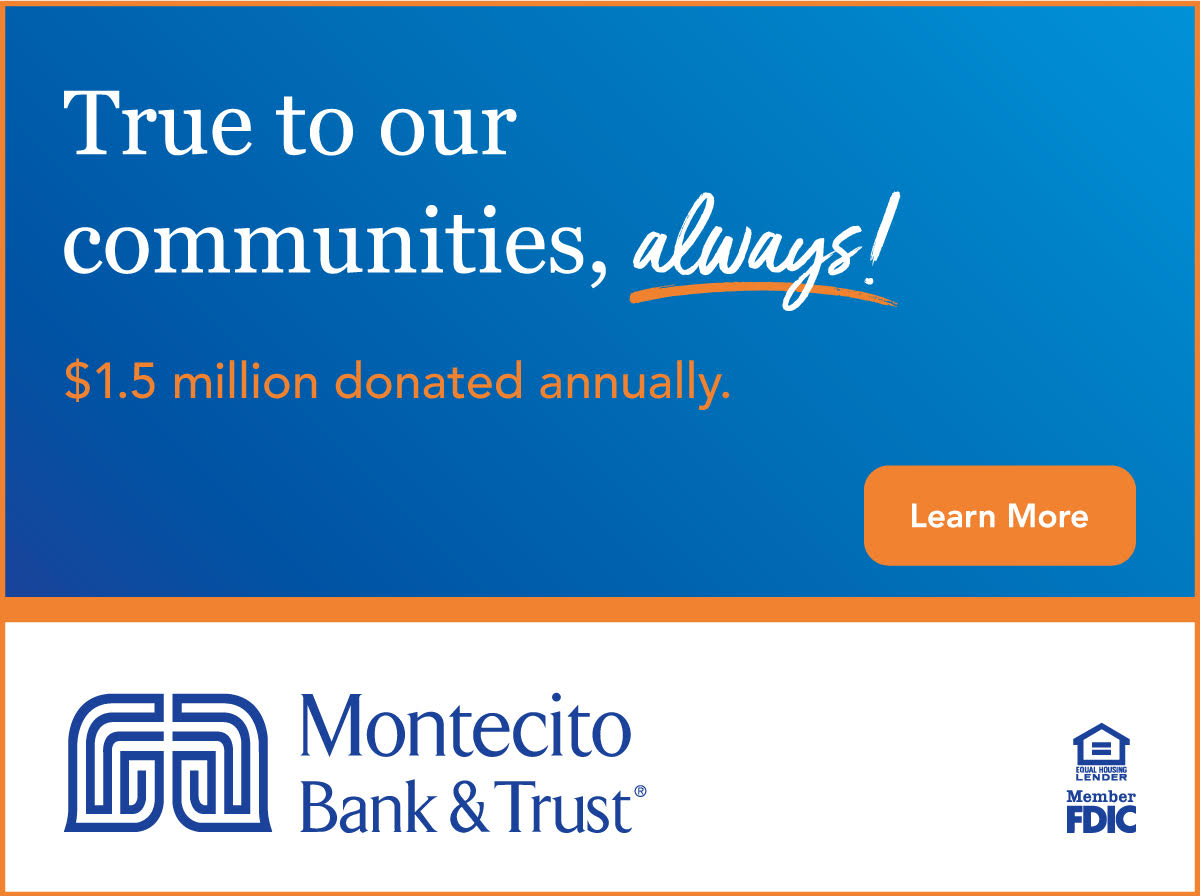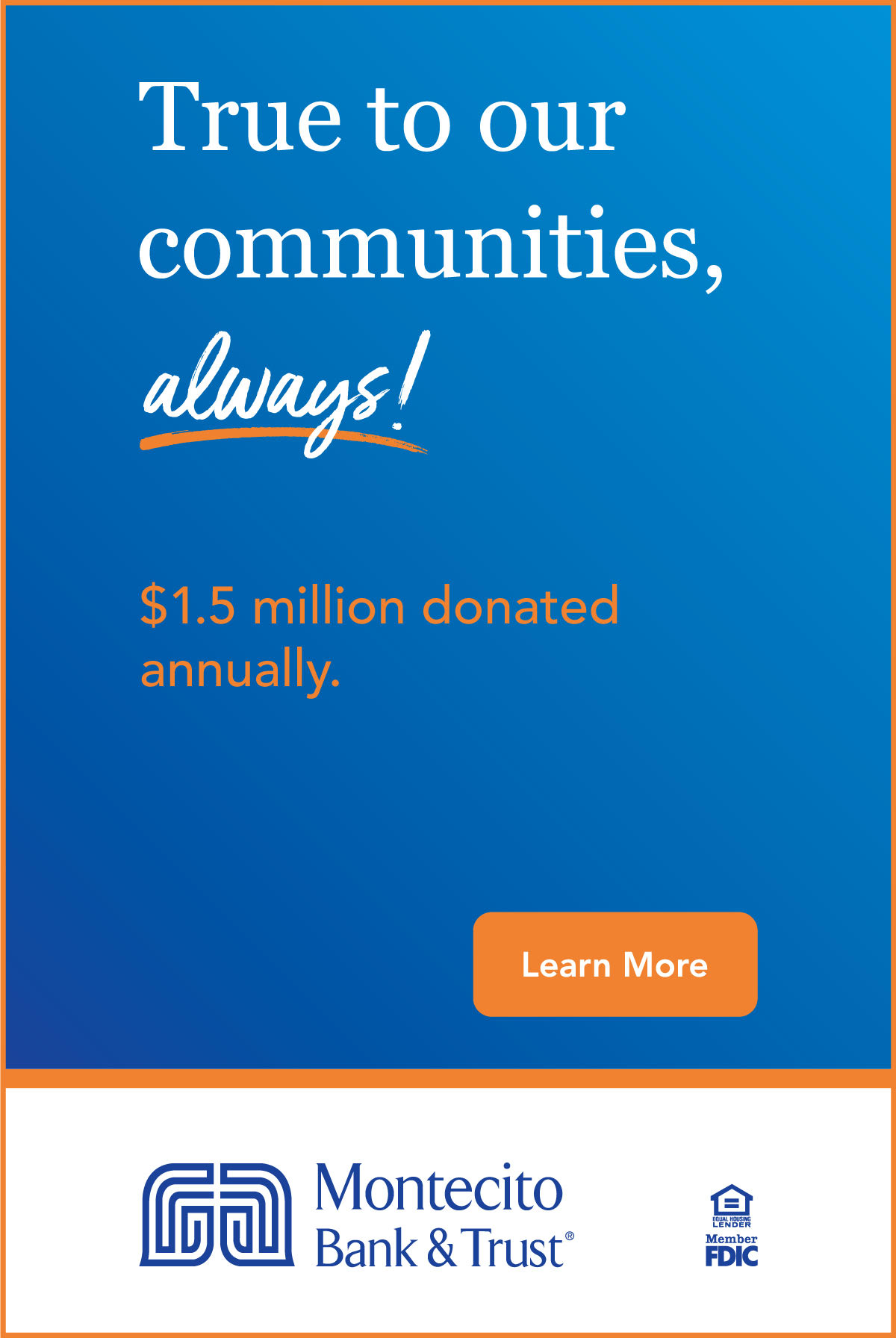Upholding Community and Faith in Santa Barbara
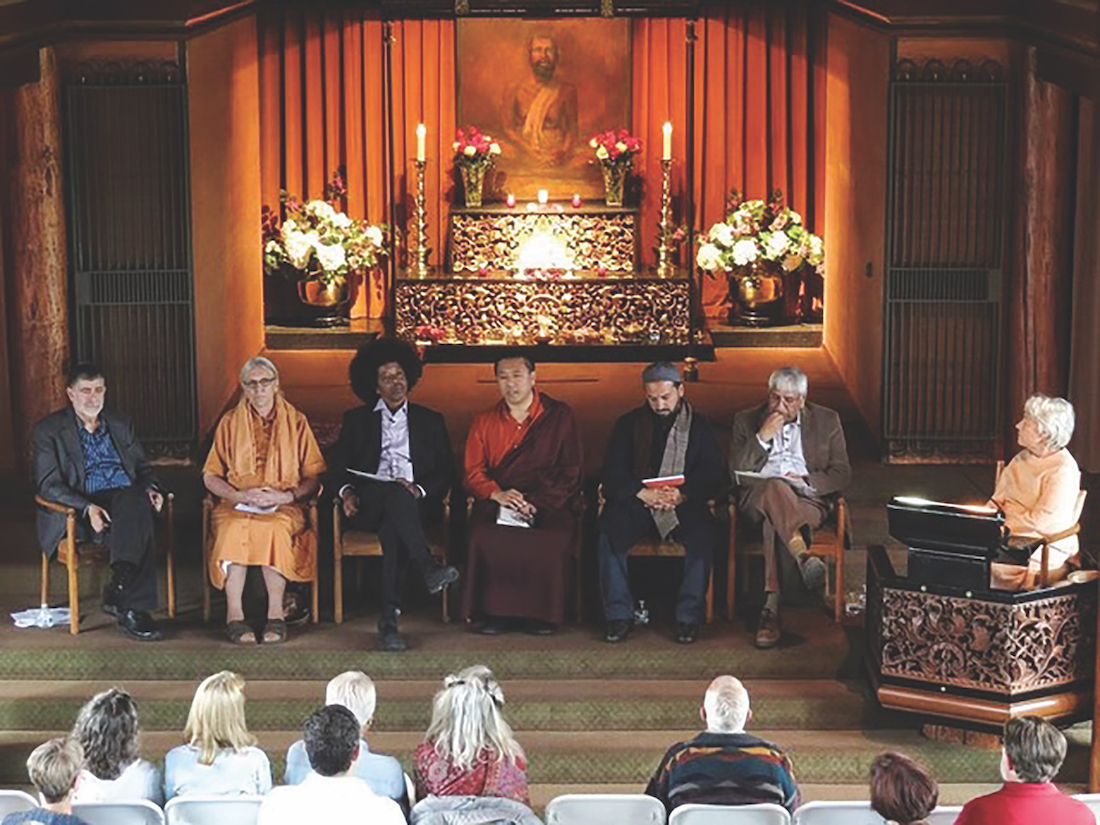
In Santa Barbara, the Reverend Dr. David Moore, Jr. is a well-known figure at the crossroads of faith, advocacy, media, and community service. He stands out as one of the few Black leaders in a county that has witnessed a significant exodus of its Black population to more affordable cities.
With a doctorate in theology from the University of South Africa, Moore plays a pivotal role in the community, serving as pastor for Santa Barbara’s Beloved Community Church and Jesus Collective. Additionally, he holds the position of vice president at the Santa Barbara affiliate of the NAACP, while also contributing as a board member at Planned Parenthood Action Fund and Hospice of Santa Barbara.
Moore is not only a pastor but an author, with his book Making America Great Again: Fairy Tale? Horror Story? Dream Come True? as well as a podcast enthusiast with “God Is Not an A**hole,” where he explores dogmatism with a new guest each episode.
In a conversation with The Giving List, Moore reflects on his father’s experiences during the Jim Crow era and delves into the causes that inspired him to follow his passions.
Q: Can you tell us about your journey into becoming a pastor, theologian, and human rights advocate?
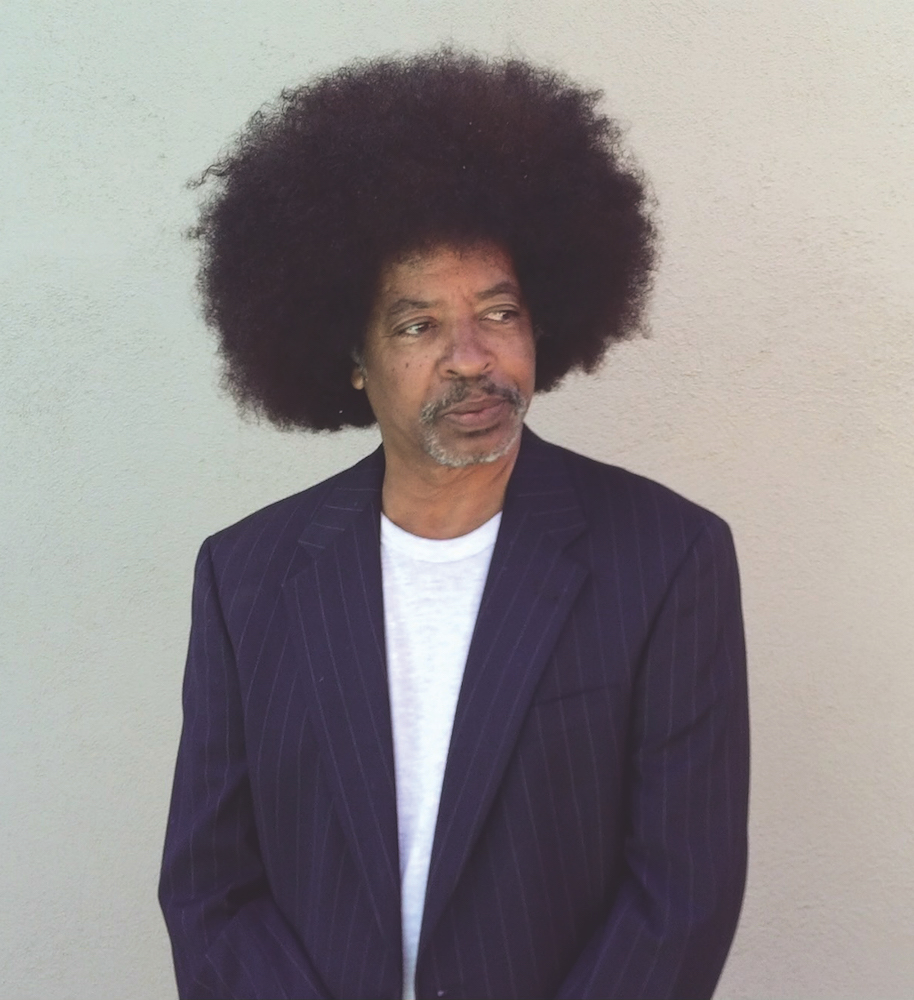
A: As a young adult in Southern California, I was part of a Black church community. Life with the members was like an ongoing potluck. We made a big deal every time there was a high school graduation or college graduation. I found a lot of joy there. It meant so much to me because there wasn’t a large Black community surrounding us. The elders, whom I held great respect for, came to California as part of the Great Migration. I wasn’t sure where life would take me, but I knew I wanted to be a part of a caring community.
What experiences or events inspired you in your life?
My Dad. He inspired me the most. He was a storyteller and loved to read. We had a home library when I was a kid. I remember he would tell stories of what it was like for him to be raised in the Jim Crow South in Fayetteville, North Carolina. He told us about how he had to walk in the back doors of local establishments. There was one morning he went outside and there was a charred corpse hanging from a tree. He moved to California, he told us, so that we would not have to grow up experiencing those same indignities.
In addition to your pastor responsibility, you wear several hats as a volunteer with many organizations. Is there an initiative or cause you are passionate about that you would like to highlight?
I participate in a national organization called Hand in Hand, which advocates for domestic workers. In California, domestic workers are treated horribly. Not too long ago, Governor Gavin Newsom vetoed a bill that would have secured domestic workers protections similar to what most other jobs include, such as sick leave. It’s the essence of injustice. Many of the domestic workers are migrants, Latina or Filipina, mostly all women. They are providing all sorts of essential work from elder care to working as nannies. They’re doing jobs that were historically performed by Black women two generations ago. So, I have an acute sensitivity to the mistreatment that they face.
What are some urgent issues in Santa Barbara that could be addressed better by philanthropy?
Gentrification. The African American population has been greatly mitigated over the four decades that I’ve lived here. It’s almost like we are a nonfactor. I happened to be able to live here and it’s not easy. It’s an expensive place. We have Black churches in Santa Barbara that have been here for close to a century yet the Black clergy cannot afford to live here. Most live outside the city, like Ventura, and commute to Santa Barbara. The constituencies at the Black churches have diminished to where there isn’t enough money to provide Santa Barbara living wage for Black pastors. I am pretty much the lone Black voice in our city. It’s a tragedy because I remember when it wasn’t that way. I am not one who asks for charity outside of our church membership, but I can see how philanthropists willing to give funds to Black churches could be very useful. Most importantly I want people to know about the Beloved Community Church and to stop by if they can.
